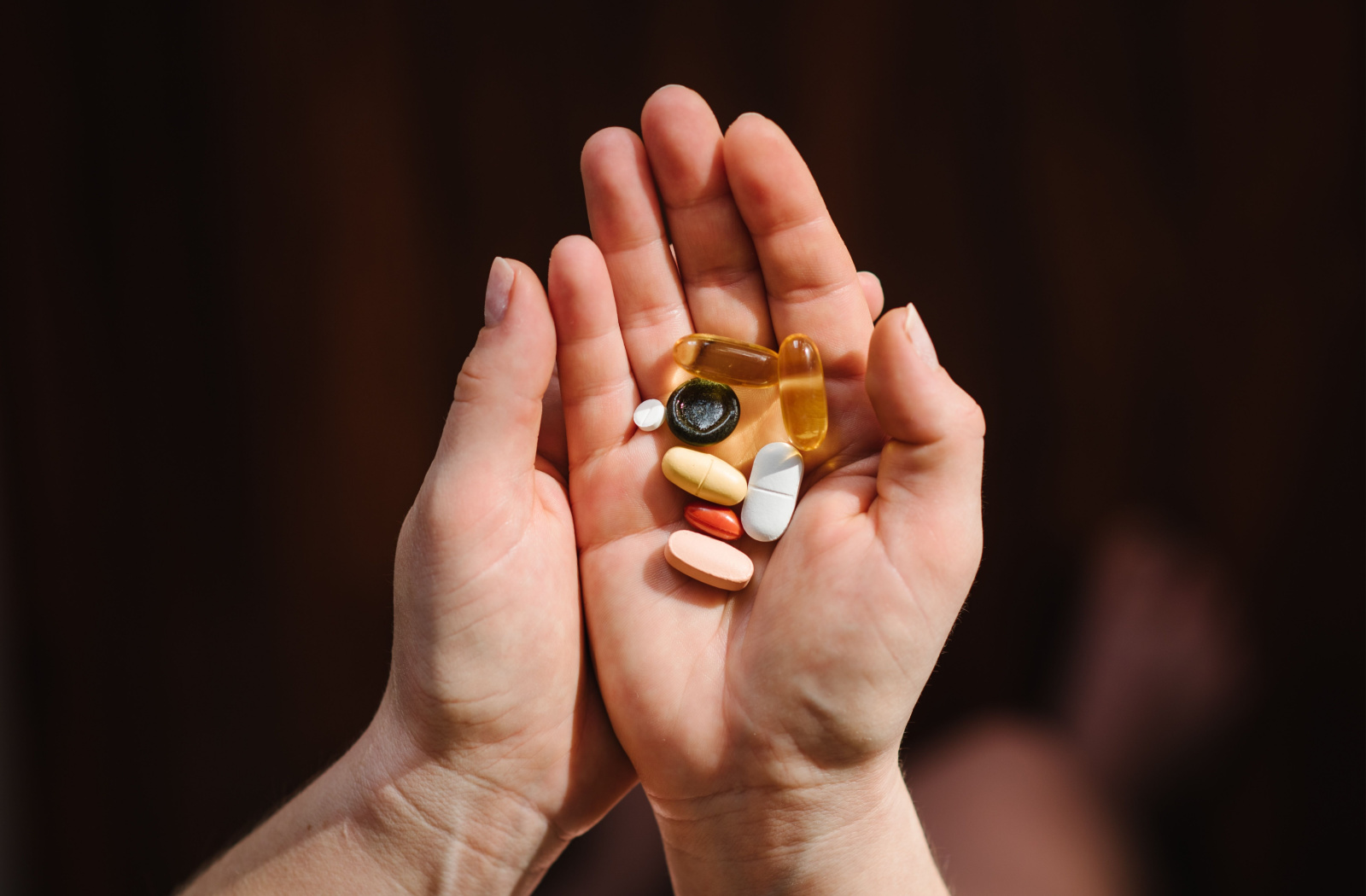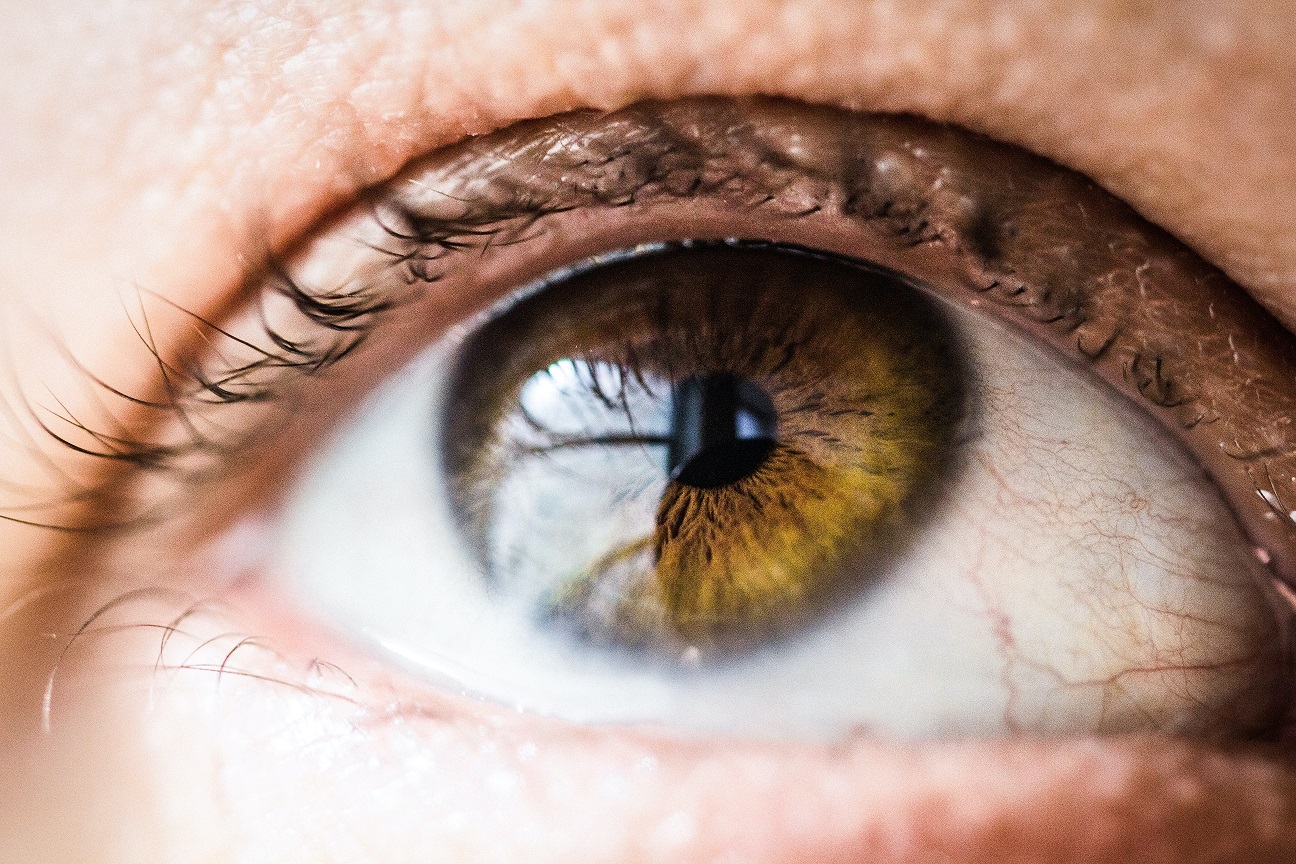A sensation that is all too familiar with dry eye sufferers is pain. Pain as described by the International Association for the Study of Pain (IASP) is “an unpleasant sensory and emotional experience associated with actual or potential tissue damage, or described in terms of such damage”
What is the cause of chronic eye pain and how can your dry eye doctor help you reduce the symptoms? Let’s go over the details to help you understand the condition.
Our Nerves and Pain
If you have ever accidentally knocked out one of your teeth, you probably remember the pain. What about the time when you hit your elbow off a piece of furniture and you also hit a nerve at the same time?
The intense pain is caused by your nerves. There are nerve endings in your tooth pulp and around your body. Interestingly, we also have nerve endings in our cornea.
The Significance of Corneal Nerves
Corneal nerves are one of the most densely innervated tissues. There are approximately 7000 nerve endings per square millimeter on our small cornea. Our corneal nerves are 300-600x more sensitive than nerve endings on our skin and 20-40x more sensitive than nerve endings on our tooth pulp. No wonder, dry eyes can be debilitating and very painful!
There is also a subset of dry eye sufferers that have neuropathic pain. This specific type of pain is caused by damage to the corneal nerves and as a result, there is an increased sensation of pain even without any stimulation.
Neuropathic Pain Epidemiology
There are usually systemic associations with neuropathic pain. Below are common comorbidities with corneal neuralgia:
- Depression
- Anxiety
- PTSD
- Fibromyalgia
The following are possible causes of neuropathic pain:
- Post-surgical: LASIK, cataract surgery, corneal transplants
- Toxicity
- Diabetes
- Multiple Sclerosis
- Inflammation
- Infections: Herpes Zoster, Herpes Simplex Virus
Treatment Options for Corneal Neuropathy 
Your dry eye doctor will encompass several strategies to manage neuropathic pain. Although corneal neuralgia is a chronic condition that has no cure, your optometrist will still help manage the pain. Below are treatment options your dry eye doctor may suggest:
- Copious lubrication with preservative-free eye drops
- Scleral lenses
- Short-term use of anti-inflammatory eye drops
- Topical immunodulators
- Autologous Serum
- Platelet Rich Plasma
- Amniotic membrane
Find Help for Your Dry Eyes
You are not alone in this battle and you don’t need to suffer any longer. If you want expert help in this field, you can find an optometrist near you using our doctor locator.









